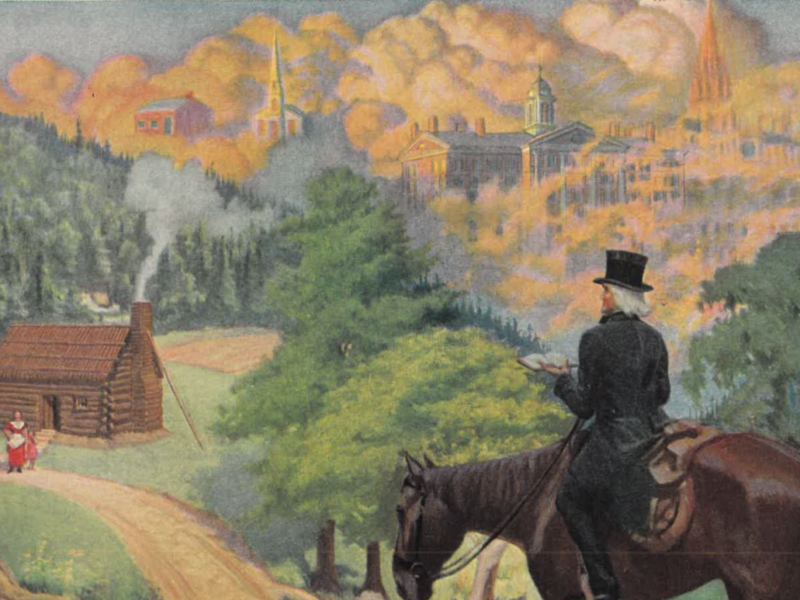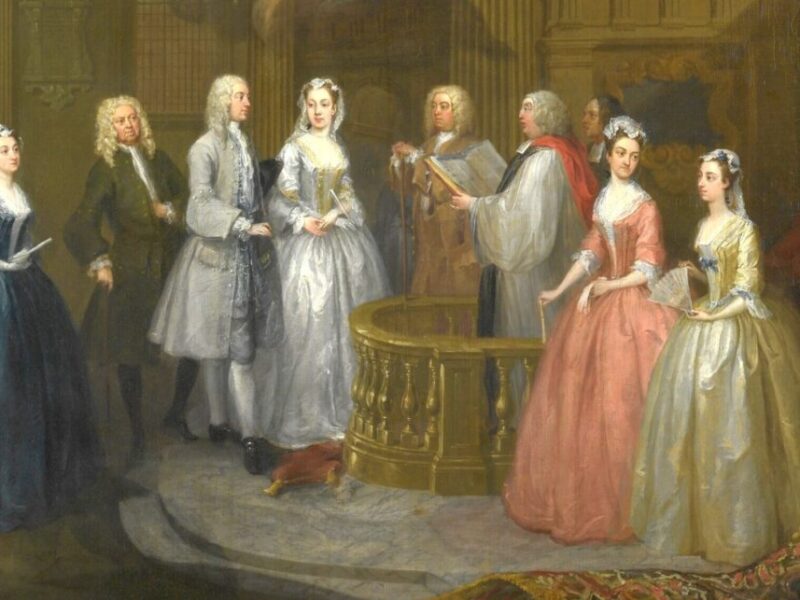- Come Thou Long Expected Jesus – The First Sunday in Advent
- Lo! He Comes with Clouds Descending – Second Sunday in Advent
- On Jordan’s Bank the Baptist Cries – Third Sunday in Advent
- O Come, O Come, Emmanuel – The Fourth Sunday in Advent
- What Child Is This? – Christmas Day
- Angels from the Realms of Glory – The Sunday after Christmas Day
- Joy & Wonders – The Feasts of Circumcision & Epiphany
- Nonconforming, Ever Transforming – The First Sunday after Epiphany
- Songs of Thankfulness and Praise – Second Sunday after Epiphany
- Hail to the Lord’s Anointed – The Third Sunday after Epiphany
- The Embodied Temple: Candlemas
- Kept by Christ – The Epiphany of True Religion – Fifth Sunday After the Epiphany
- Exiles on the Run – Septuagesima Sunday
- Firm Foundations – Sexagesima
- Given to Shriven: Quinquagesima
- Life, Love, & Lent: Ash Wednesday
- Forty Days, Forty Nights – First Sunday in Lent
- Just As I Am – The Second Sunday in Lent
- “Lightning” the Way – The Third Sunday of Lent
- The Comfort of Thy Grace – The Fourth Sunday in Lent
- O Love, How Deep – The Fifth Sunday in Lent
- When I Survey – The Sunday Next before Easter
- O Sacred Head, Embodied Sacrifice – Good Friday
- Questions – Easter Even (Holy Saturday)
- Hymn of Joy – Easter Day
- No Quarter – The First Sunday after Easter
- Shepherd of the Sheep – The Second Sunday after Easter
- Strangers and Pilgrims – The Third Sunday after Easter
- Every Perfect Gift – The Fourth Sunday after Easter
- Walk the Fields – Rogation Sunday
- Hail to the King – Ascension Day
- Leave Us Not Comfortless – The Sunday after Ascension Day
- Lighten Our Darkness – Whitsunday
- Keep Us Steadfast in This Faith – Trinity Sunday
- Nothing Ordinary About It – The First Sunday after Trinity
- The Confession – St. Peter’s Day
- The Joy Over One – The Third Sunday after Trinity
- Turn and Be Turned
- Worn, Not Out
- Deadbeat to Sin for Death is Beaten
- Nourishment – The Seventh Sunday After Trinity
- Profitable for Us
- Enabled: The Ninth Sunday After Trinity Sunday
- To Love That Word: St. Bartholomew’s Day
- Partakers of thy Heavenly Treasure – The Eleventh Sunday after Trinity
- More Ready to Hear Than We Are to Pray – The Twelfth Sunday after Trinity
- Laudable Service
- The Taxman
- Seek Ye First
- God Hath Visited His People
- Prevent Us & Follow Us
- Withstand
- Direct and Rule Our Hearts
- Knit Together
- Not as Fools
- Breaking Winter’s Silence
- Devoutly Given
- Jordan’s Shores
Christ is born! Behold the Almighty Lord God in such a tender and fragile package. He is presented to us as a gift who is in need of one of His image-bearers to swaddle, feed, and tend to His every need. Peer over the manger and glimpse God enfleshed opening His eyes upon the world He spoke into existence and sustains by His very thought and being. Have you ever paused to ponder exactly who this small and helpless babe is?
What child is this, who, laid to rest
on Mary’s lap is sleeping?
whom angels greet with anthems sweet,
while shepherds watch are keeping?
He is far more than the earthly Messiah, He is “Very God of very God” and “By whom all things were made.” This is He “Who for us men and for our salvation came down from heaven.” Verily He is “whom he [God the Father] hath appointed heir of all things, by whom also he made the worlds.” (Hebrews 1:2, KJV). The little bundle is like Moses and yet is unlike Moses. This is our greater Moses and the Prophet whom Moses foretold. He is greater than even the greatest prophet, John the Baptist – who even acknowledged was unworthy so much as to unlace the shoes from this babe’s feet.
This baby – a baby of all things! – He shows us the Father, “being the brightness of his glory, and the express image of his person, and upholding all things by the word of his power.” (Hebrews 1:3, KJV). How did Mary feel holding the very One who by the “word of his power” is “upholding all things” when He also could not even speak a single word? What shocking Divine love is demonstrated to us weak vessels of clay that our God would dare to stoop low and be “madest [] a little lower than the angels.” (Hebrews 2:7, KJV). Who is this long-expected Jesus, why:
This, this is Christ the King,
whom shepherds guard and angels sing:
haste, haste to bring him laud
the babe, the son of Mary.
Why lies He in such mean estate
where ox and ass are feeding?
Good Christian, fear: for sinners here
the silent Word is pleading.
The Christmas carol, What Child is This? is familiar to Christians across traditions. However, the original refrains have a different chorus after each line. The author of this carol, which should always be boldly and vigorously sung, was William Chatterton Dix. How vigorous should we sing? I must admit The Modern Post’s recording of this carol elevates the chorus at the right moment to drive home the theological wonder that Dix penned. Dix wrote an absolutely stunning and jaw-dropping chorus’ that takes us from the little babe in a manger to the stark reality of why God becomes man. “Listen” and I encourage you to sing with me aloud this chorus:
Nails, spear, shall pierce him through,
the cross be borne for me, for you:
hail, hail, the Word made flesh,
the babe, the son of Mary.
The grim reality that Dix drives homes is this precious child, who is God and man, was born so He may borne the cross for me, for you. The small and adorable babe, nestled by the Virgin and beloved by Joseph, shall see His beloved mother at the foot of the cross as He gives her away to His beloved disciple for her care. The King of kings who lays helpless as we all do at our birth – as our own children did at their births – the baby Jesus became one of us so that “Nails, spear, shall pierce him through.”
There are no words to describe this divine mystery. I speak not of the incarnation but of the inexpressible and inconceivable divine love of the Holy Trinity for mankind. The Father willingly sends the Son and by the power of the Holy Ghost becomes enfleshed so that He might taste death and by His death give us eternal life. The Son of God becomes the Son of Man, and He willingly submits Himself to the humiliation of birth in a cave, in a manger, and the upcoming humiliation of bearing the hate, scorn, and sin of His own people who shall yell “crucify Him!” while a Gentile plunges the nails and spear that shall pierce him through.
It brings it more to bear what the Virgin had to witness at the foot of the cross. The Lord God, Immanuel, dying and her son, Jesus, dying.
As a father, I can scarcely sing these words to this magnificent chorus. What then shall we do? How can we sinners who will pierce this Christ-child with our sins, our sorrows, our griefs, and our despair ever respond when we realize He who lies in the crib is He who must be crucified for our salvation?
So bring Him incense, gold and myrrh,
come, peasant, king, to own Him;
the King of kings salvation brings,
let loving hearts enthrone Him:
We come to this helpless babe as helpless sinners. We peer over the wood of the manger-turned-crib, and see the Lord God who will bear the wood of the cross. What other response can we have than that of the coming Epiphany of the Magi who travel from afar? Yes, let us “bring Him incense, gold, and myrrh” to honor our Savior, our King, and our Great High Priest. Moreso, let us acknowledge “the King of kings salvation brings” by enthroning the Lord Jesus in our hearts by how we love. May our hearts demonstrate the prayer of today’s collect, that we “being regenerate and made thy children by adoption and grace, may daily be renewed by thy Holy Spirit, through the same our Lord Jesus Christ.”
Christ is born, let us glorify Him. Let us glorify Him, with presents of our hearts that reflect our King. May our hearts be so enraptured by the God-child, Jesus Christ, that our lives are transformed as Christ becomes incarnate within us by the power of the Holy Spirit. For we are not left as sinners, nor are we merely forgiven our trespasses. No, much more has been done for us, for we are raised up to such great heights for “we being regenerate,” are “made children by thy adoption and grace” as we prayed in today’s collect, which was drawn from today’s Gospel lesson: “But as many as received him, to them gave he power to become the sons of God, even to them that believe on his name: which were born, not of blood, nor of the will of the flesh, nor of the will of man, but of God.” (John 1:12-13, KJV).
We are clothed by God, for God has clothed Himself with humanity. The very body He took on this day, He shall resurrect, glorify, and ascend into heaven, with the promise that we too shall see Him face to face and with our own eyes behold Him when He advents and descends upon the earth.
What more can we do, but to raise up our voices and sing:
Raise, raise a song on high,
The Virgin sings her lullaby.
Joy, joy for Christ is born,
The Babe, the Son of Mary!
Celebrate this Christmastide – all twelve days – heartily and boisterously. While the secularists strip their trees, decorate them. As retail stores switch to “Happy New Year,” remind them Christmas has only begun. When you return to work after vacation, forget resolutions and remember Christ born in your heart so you may bear Him in your soul to your neighbors.
Therefore, dearly beloved, let us not forget this exceeding love of our Lord and Saviour.
Let us not show ourselves unmindful or unthankful towards him, but let us love him, fear him, obey him and serve him. Let us confess him with our mouths, praise him with our tongues, believe on him with our hearts and glorify him with our good works. Christ is the light, let us receive the light.
Christ is the truth, let us believe the truth. Christ is the way, let us follow the way. And because he is our only Master, our only Teacher, our only Shepherd and Chief Captain, therefore let us become his servants, his scholars, his sheep and his soldiers.
As for sin, the flesh, the world and the devil, whose servants and bond-slaves we were before Christ’s coming, let us utterly cast them off and defy them as the chief and only enemies of our soul. And seeing we are once delivered from their cruel tyranny by Christ, let us never fall into their hands again, lest by chance to be in worse case than ever we were before. Happy are they, saith scripture, that continue to the end.
Be faithful, saith God, until death, and I will give thee a crown of life. Again he saith in another place, He that putteth his hand unto the plough and looketh back is not meet for the kingdom of God. Therefore let us be strong, steadfast and unmovable, abounding always in the works of the Lord.
Let us receive Christ, not for a time, but for ever. Let us believe his word, not for a time, but for ever. Let us become his servants, not for a time, but for ever.
In consideration that he hath redeemed and saved us, not for a time, but for ever, and will receive us into his heavenly kingdom, to reign with him, not for a time, but for ever. To him, therefore, with the Father and the Holy Ghost, be all honour, praise and glory, for ever and ever. Amen.
- Homily Concerning the Nativity and Birth of Our Saviour Jesus Christ, Homily XII, Books of Homilies





'What Child Is This? – Christmas Day' has no comments
Be the first to comment this post!